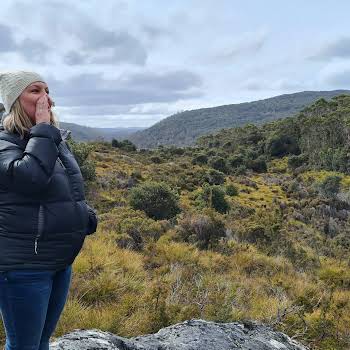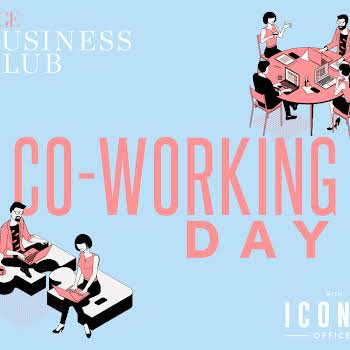
By Colette Sexton
07th Sep 2021
07th Sep 2021
With so many of us deciding that our current roles are not the ones for us, it's even more important to ensure that your next role is a perfect fit. But how can you identify a toxic workspace until you're already in it?
Sometimes you can get to a point in your career where you want to take the next step, but to do so you need to move to a different company. For some people, this can be a very difficult decision to make if they love their colleagues, their boss or even their workplace location. Stepping out into the great unknown is scary, and while moving up the ladder or even switching careers can be intimidating enough on its own, it also comes with the added burden of having no idea what the new workplace will be like. We’ve all heard horrors stories of screaming bosses or nasty colleagues, and none of us want to land ourselves in that kind of situation. So how do you avoid a toxic workplace?
1. Ask someone who has worked there
If you know someone on a personal level who has worked at the company or still works there, they should be your first port of call. Ask them what the culture is like, what your boss is like to work with and if there are any hidden drawbacks you might not know about. If you don’t know someone who has worked there, look the company on LinkedIn and see if your connections are connected to any current employees. If so, see if they are willing to intro you. The meeting might be a bit awkward initially but it will give you peace of mind and if you decide to take the job, you’ll have a familiar face to look out for on your first day.
Advertisement
2. Find out what the turnover rate is like
If a ton of people have left the company recently, then it can be a bad sign in some cases. Often, if there is a change of management or ownership, you can recent personnel changes on the back of that, but if nothing major has happened and a large number of people are leaving, it might be a warning sign.
3. Use the interview to your advantage
The way an interviewer treats you during the entire process is a good indicator of how they treat employees in that company. They should be polite and respectful of your time when arranging calls, interviews and follow-ups. If the interviews take place in the office, try to gauge what the atmosphere is like for the few minutes you are waiting in reception or walking to a meeting room. Are people chatting to each other or is everyone working in silence? Worse still, are people yelling at each other? When you are offered the job, it might be a good idea to ask your interviewer if you can talk to someone in the company who works in a similar role to yours before accepting. If they say no, then that should give you immediate warning bells and if they say yes, ask the person open-ended questions about the workplace. If they respond in a cagey manner, that might be hiding something about the organisation.
4. Check out the company’s history
Being a diligent interviewee, I’m sure you researched the company prior to applying for a job but you should also check out the company’s track record in litigation. Have they ended up in front of the Workplace Relations Commission or in court? If so, that might not be a great sign of workplace culture. If the company seems like a great place to work but you did discover something unsettling about its past, then ask the interviewer about it. It might be related to someone that no longer works at the company, or something that happened before a transformational change. Don’t be afraid to ask questions; changing job is a big step and you want to make sure that you are going in the right direction.
This article was originally published in February 2019























